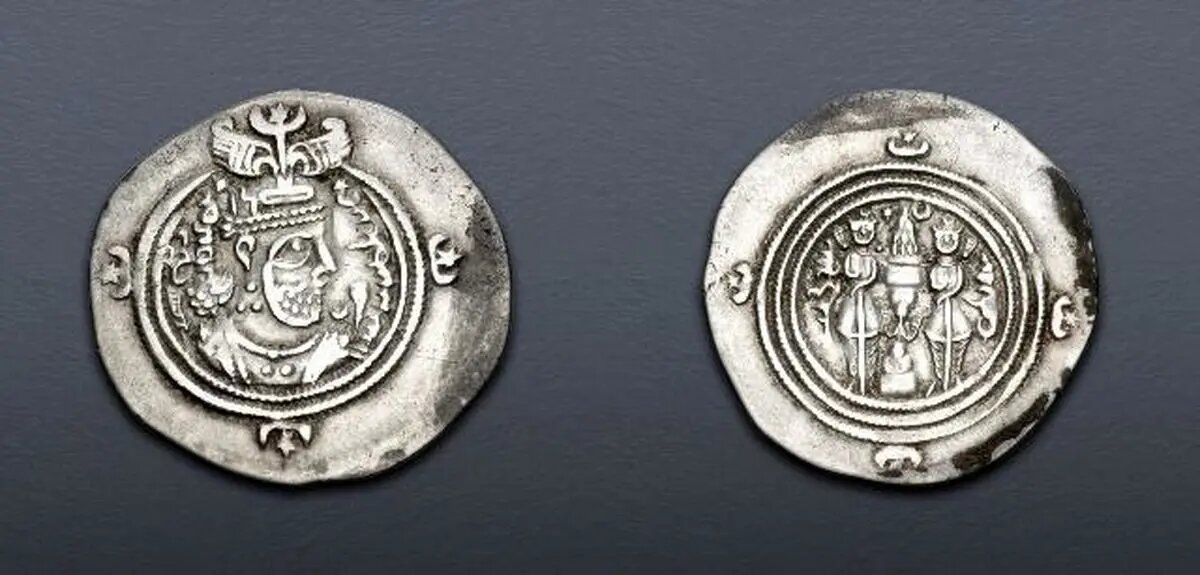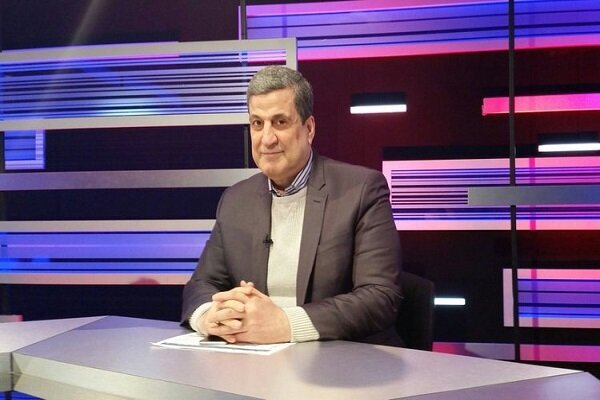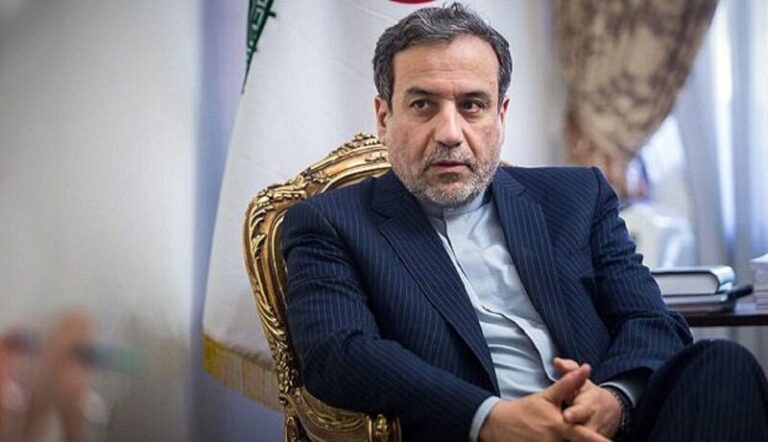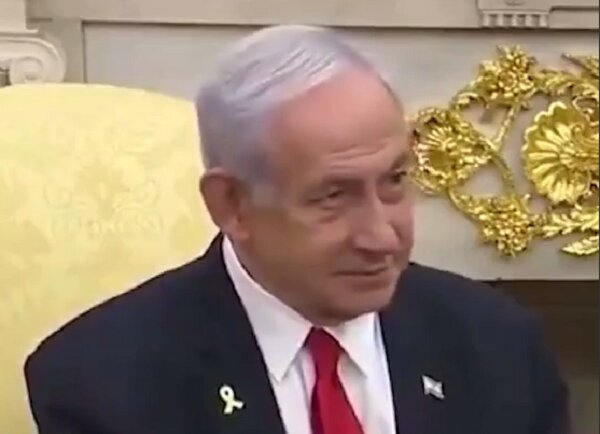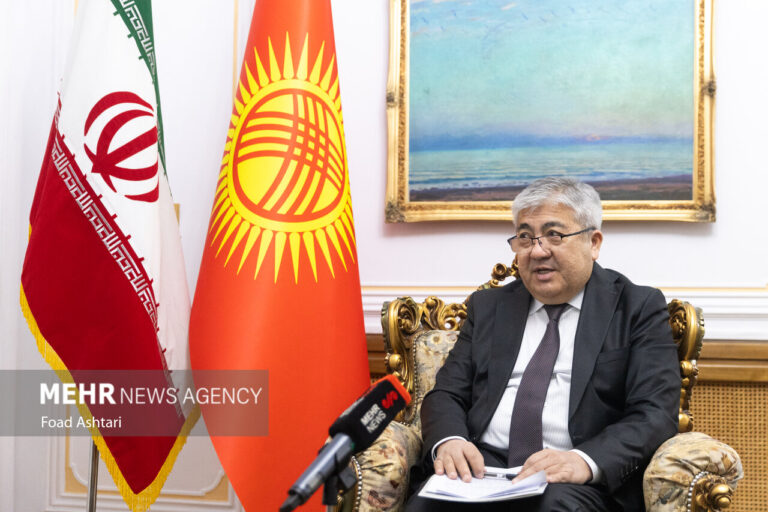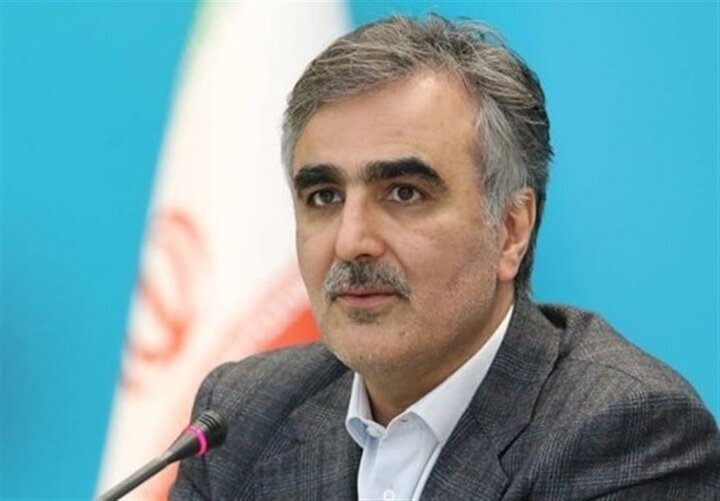Iran Launches Legal Battle to Reclaim Historic Coins Auctioned Abroad
In a significant move to protect its cultural heritage, Iran’s General Directorate of Museums has launched legal actions to prevent the sale of two historic coins at a foreign auction house. This initiative comes in response to a recent alert from the Ministry of Cultural Heritage, Handicrafts, and Tourism regarding the auction of ancient coins by the CNG Auction House, which are believed to originate from Iran’s archaeological sites.
Leila Khosravi, the head of Iran’s Directorate of Museums, revealed that upon receiving information about CNG’s plans to auction the coins, the Ministry acted promptly to request the seizure of the specific items linked to Iran’s ancient heritage. According to the Cultural Heritage, Tourism and Handicrafts News Agency (CHTN), swift actions were taken to assert Iran’s ownership over these artifacts.
- The coins in question date back to the pre-Achaemenid and Sassanian periods.
- The Ministry has sent official requests to pertinent authorities to halt the sale.
- Reports indicate that one of the coins was sold just the day before the Ministry’s intervention.
- Efforts are ongoing to recover the second coin which is still pending sale.
Khosravi emphasized the importance of adhering to international law regarding cultural artifacts. She stated that, as per UNESCO regulations, items obtained through illegal excavation or trafficking should not be sold or acquired by any museum or auction house worldwide. Such artifacts must be returned to their country of origin, reinforcing Iran’s claim over its national heritage.
The CNG Auction House, established in 1975, is well-known for specializing in ancient, medieval, and British coins. This incident highlights the ongoing battle many nations face in reclaiming their cultural artifacts from foreign entities. The auction of historical items often raises ethical concerns, particularly when they are linked to significant archaeological sites.
Moreover, the situation underscores the broader issue of cultural heritage preservation in a globalized world. Many countries are increasingly vigilant about protecting their historical artifacts from being sold on the international market, which can lead to a loss of cultural identity and history.
As discussions surrounding the return of cultural artifacts gain traction, this particular case serves as a reminder of the challenges faced by nations like Iran in safeguarding their history. The Ministry of Cultural Heritage, Handicrafts, and Tourism’s proactive measures reflect a growing awareness and commitment to restoring national heritage.
- Legal Action: Iran’s government is pursuing legal avenues to recover the coins.
- Cultural Claims: The Ministry is asserting its ownership based on the historical significance of the coins.
- International Support: The case may garner international attention regarding the protection of cultural heritage.
In conclusion, the legal actions initiated by Iran’s General Directorate of Museums signify a critical step in the ongoing effort to reclaim cultural artifacts that have historical significance. The outcome of this situation could set a precedent for similar cases worldwide, reinforcing the need for respect and adherence to international laws governing cultural heritage.
As the world becomes more interconnected, the conversation around the rightful ownership of cultural artifacts continues to evolve. Nations are increasingly standing up to protect their heritage, advocating for the return of items that hold significant historical value. This case involving the ancient coins from Iran serves as a focal point in this global dialogue.
